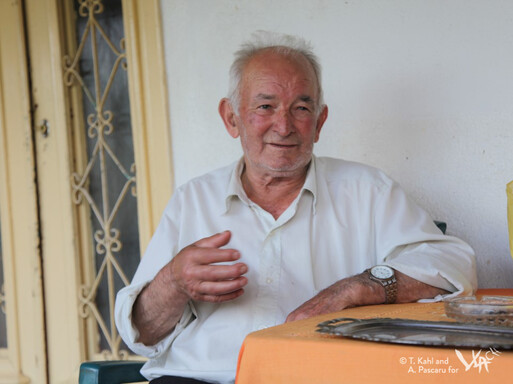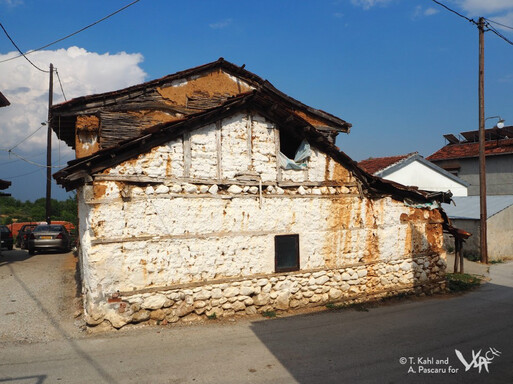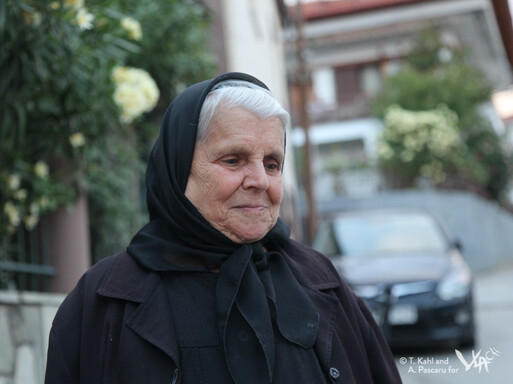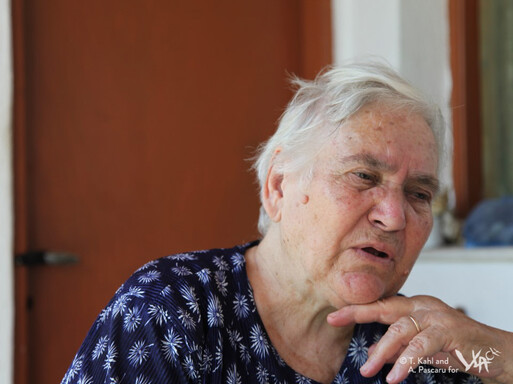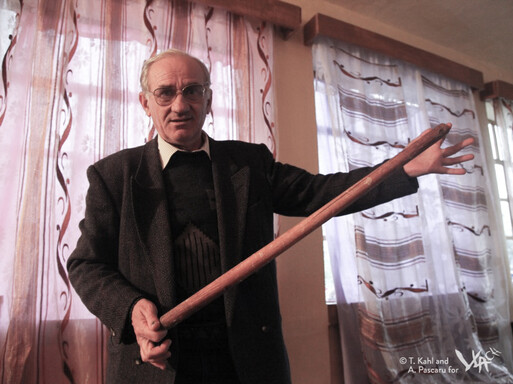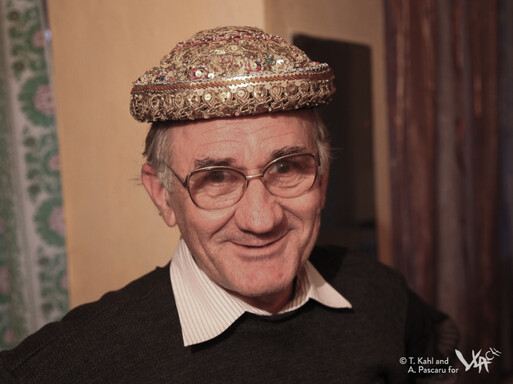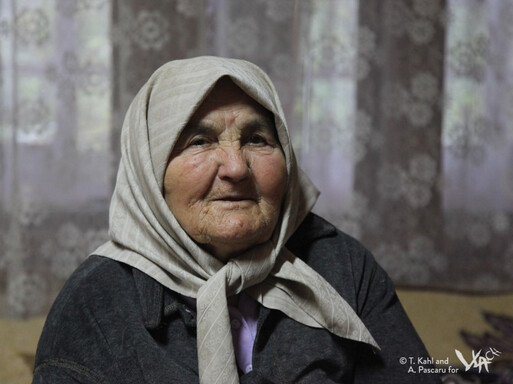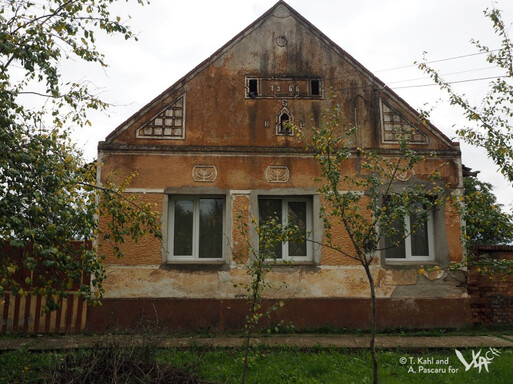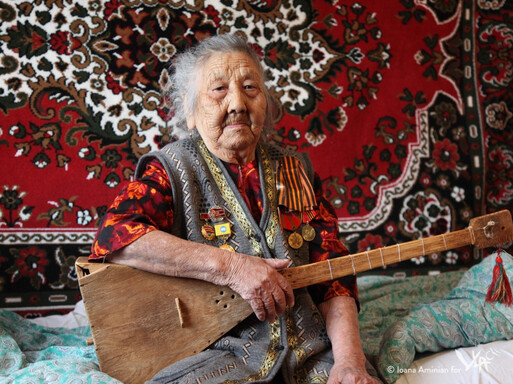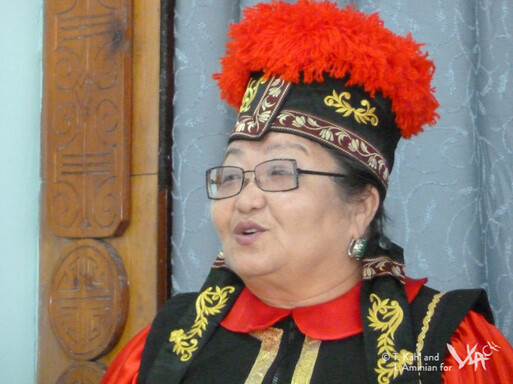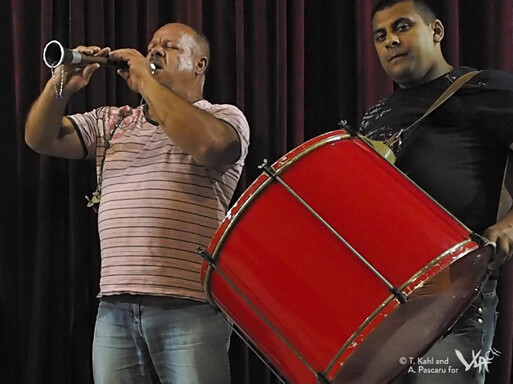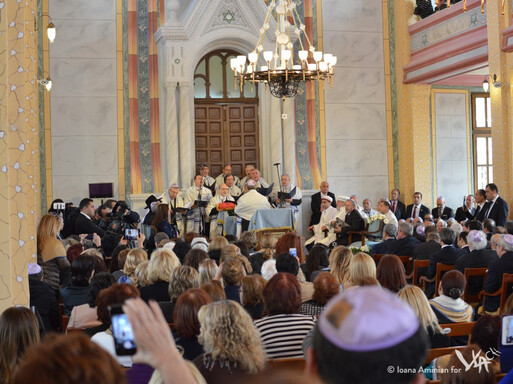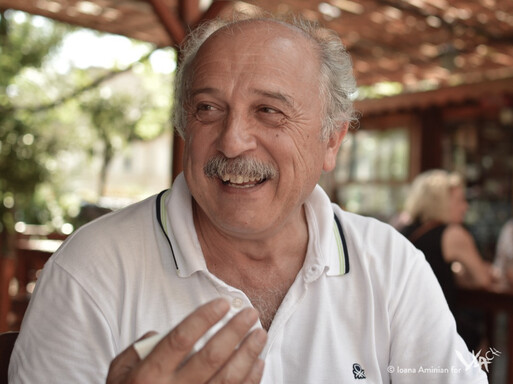Innovation in Research and Documentation of Intangible Cultural Heritage
Funded 2018-2021 by ÖAW Innovation Fund
The main objective of the project is to support language communities in order to protect the practices, expressions, knowledge and skills that they recognize as part of their cultural heritage as communities, groups or individuals.
Training sessions will enable representatives of the communities to record and document their threatened cultures and to process and present their field materials in a "public laboratory". This laboratory aims to foster a dialogue between researchers and participants creating a common ground for editors, trainers, researchers and community representatives to publish and use research data while conforming to local laws and practices.
The previous examination of intangible cultural heritage is predominantly limited to collection and documentation. IRDICH wants to find ways to examine the results of the academic analysis on the affected communities and to use the potential of these communities to contribute to research, by the example of six language communities. For the dialogue between researchers and the communities, a laboratory is created in which editors, trainers, researchers and representatives of the communities have common access to the collection, publication and use of research data. The main objective of the project is to help communities retain their practices, expressions, knowledge and skills that they wish to preserve as part of their cultural heritage as communities, groups or individuals. Intensive training will enable the representatives to record on their own and document their threatened culture and then process and present the field material in a common laboratory. Parts of the data will be collected at the VLACH commission and will be available for further research.
Therefore, IRDICH would like to take an innovative approach, and initially, on the basis of six communities of seriously endangered languages from members’ areas of competence (Meglen Vlach, Apulian Grico, Banat Bulgarian, Kalmyk, Romani, Judeo-Spanish), examine the extent to which representatives from the affected communities are included in academic collection and documentation.
Impressions from IRDICH fieldwork
Meglen Vlach
Apulian Grico
Banat Bulgarian
Kalmyk
Romani
Judeo-Spanish
For further pictures and materials see our collections of the IRDICH languages (in construction).
Project collaborators:
- Ioana Aminian (PhD Candidate)
- Andreea Pascaru (PhD Candidate)
- Mehdi Aminian (IT-Expert, PhD Candidate)
- Chingis Azydov (PhD Candidate)
- Ani Antonova (IT-Expert)
